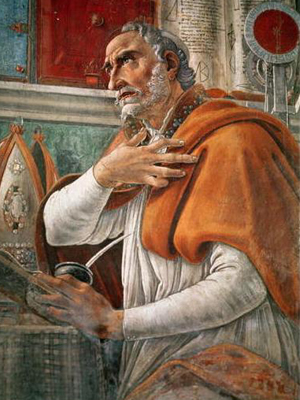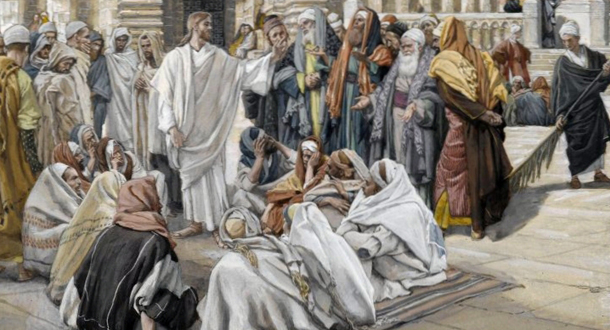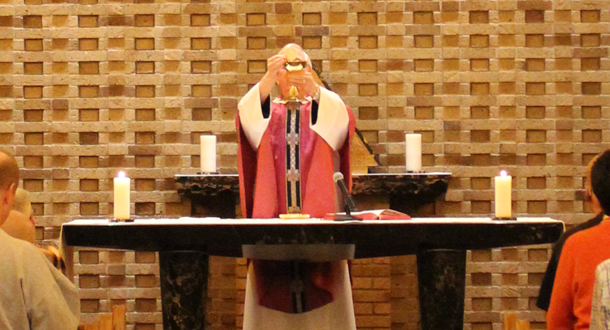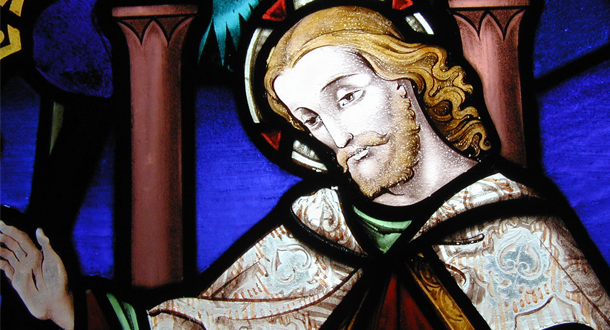Memorial of Saint Augustine
Scripture:
2 Thesslonians 3:6-10, 16-18
Matthew 23:27-32
Reflection:

Today we celebrate the feast of Saint Augustine of Hippo, Bishop and Doctor of the Church. We all know stories of ‘bad boy’ Augustine! His early life was filled with revelry and sinfulness and his mother, Saint Monica prayed fervently for his conversion. We also know that conversion did happen, he was baptized, later ordained and eventually became a Bishop. During his lifetime he wrote thousands of letters of theological value. He is best known for his philosophical works, The Confessions and City of God.
Augustine has been described as an unlikely candidate for conversion based on his early days of wildness and unpredictability. In spite of those days, we appreciate his conversion and hold him up as a true gift to our church. I am reminded of the many conversion stories I have witnessed over the years in walking with candidates throughout the RCIA process. We all have our own conversion stories, some more poignant than others, but still very important in our faith growth. In walking the journey with many inquirers in RCIA I reminder two persons who gave our team some concern. One young man came from another faith background, faithfully attended weekly sessions, asked questions and pondered the material presented, but he always had an edge, an angry disposition it seemed. In the end he and the Holy Spirit went head to head leading him to a conversion that continues to sustain him today as an active and faith-filled part of our parish community.
The other person, a young adult college student came to us interested in the faith, but she was a hit and miss attendee and we worried whether she was committed to the process at this time in her life. We made the decision to suggest she take a break, spend some time in prayer, continue to meet with her sponsor and maybe reenter at another time. We were very pleased when we heard several years later that she had reentered at another parish, was welcomed into full communion and happy in her new church home.
The Holy Spirit that led Saint Augustine and these two inquirers through a conversion in faith is the same spirit that led the Thessalonian community in faith and action. Paul, Silvanus and Timothy gave worthy praise to this community for their unceasing faith, love and endurance. We are all frail human beings, we make rash decisions, we jump to conclusions, we are sinful. We can take comfort in the responsorial psalm of today:
‘The Lord takes delight in his people.’
God does indeed take delight in all that God has created, living and non-living creation. We are called to do the same. Having just returned from a month of traveling across the western USA and Canada, I was reminded time and again of the awesomeness of Gods creation and the unconditional love that went into its making and continues today. Let us give thanks and praise for a God who takes great delight in all of creation!
Saint Augustine reminds us to take time out of our busyness to ‘rest in God’ and enjoy the peace that results because of it.
“You have made us for yourself, and our hearts are restless until they rest in you.”
God’s peace to all!
Theresa Secord is a retired Pastoral Associate at St. Agnes Parish, Louisville, Kentucky.







